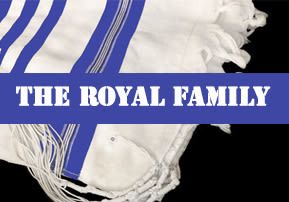
The Royal Family
Once you understand what it means to be part of the Nation of Hashem, slowly but surely there will awaken within you a desire to conduct yourself like the child of the King…

A man was once shipwrecked and ended up on an island where he found a large tribe living. Now, they weren't the most advanced people, you'll understand. They all walked around undressed except for a short piece of cloth hanging from their waists, aside from their king who was a special figure. Besides his little cloth to cover himself, he also wore a cap. Maybe some sort of baseball cap that washed up on the island years before. So when this man swam ashore, the tribesmen, seeing that he was wearing some clothing, understood that he was an important person and brought him to the king. And upon meeting this man, the king offered him the position of second in command to himself. So as a badge of honor, the king cracked open a coconut and put half of it on top of his head so that all the tribesmen would recognize the status of the visitor. That was his badge of honor – a coconut shell on his head to remind him and to remind others of his status as a special servant of the king.
If the President of the United States would choose you to be his second-in-command, that would be a bit more significant. To be chosen as the one to be working in the service of the President of the United States – arguably the most powerful man in the world – and you were chosen by him, elevated from the rest of mankind, to be at his service and to accomplish his goals! And the President gives you a special badge to wear on your suit jacket. It's a badge of honor to remind you always – and to remind others as well – that you are working for the President. You have been chosen for that special role and you have a lot to accomplish. Now that's an honor. It's a glory!
And now we come to the mitzvah of tzitzis. That coconut king is a nothing. And the President is also a 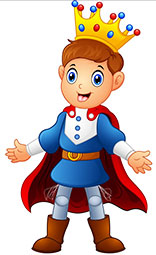 nothing. It's an important part of our government, but really it's nothing. But we – the Jewish People – were chosen by the real King, the King of all Kings. And we were chosen to be His holy nation. And as a badge of honor, a special badge of distinction, we, the servants of Hashem, are commanded to wear tzitzis on our garments.
nothing. It's an important part of our government, but really it's nothing. But we – the Jewish People – were chosen by the real King, the King of all Kings. And we were chosen to be His holy nation. And as a badge of honor, a special badge of distinction, we, the servants of Hashem, are commanded to wear tzitzis on our garments.
The general purpose of the tzitzis is to remind the wearer and to demonstrate to others that he is a member of the holy nation. The King of Kings has glorified us with the opportunity to wear tzitzis as a mark of royalty. You have to know, that when you see tzitzis, you are looking at garments of royalty. And if you don't think those thoughts, you are frustrating the plan of Hashem. And so, when you put on your tzitzis or see them, you should be reminded of that glory – that you are in the service of the King of all Kings Who has conferred upon you the honor of being one of His distinguished officers. You should be wild with happiness! It's an honor and a glory that is immeasurable.
But that thought, that pride that you feel, is only the first step. It's a very important step, but it's only the beginning. When you begin to regard the tzitzis with the emotion of pride and as a mark of royalty, if you actually train your thoughts and your emotions to think and feel this way, then you have recreated yourself into a new person. Now you know, you feel, you understand what it means to be part of the Nation of Hashem. And slowly but surely there will awaken within you a desire to conduct yourself like the child of the King. You will feel the responsibility to live your life according to the dictates of the King. You will want to always act according to the King's commands and wishes, because only then does one deserve to be called a member of the palace and the royal family.
The desire to be a member of the palace will stir your thoughts to always be seeking additional medals and badges of distinction. And you will always strive towards acquiring the manners and traits of the upper nobility. Recognition of who you are – royalty – will cause you to do whatever you can to find favor in the eyes of Hashem. And that will lead you to search for every opportunity, every mitzvah. Just as the palace dwellers vie with each other to come closer to the king, and to cause pleasure to him and to find more favor in his eyes. If used properly, the tzitzis will be the catalyst so that your sole desire will always be to endeavor that not one of the means of coming close to Hashem should be overlooked. And you will be eternally grateful to anyone who reveals to you any of the means of attaining this closeness to Hashem.
And therefore, we say that the mitzvah of tzitzis is equal to all the other mitzvos. Because if used properly, seeing the tzitzis is a reminder of the great privilege of membership in the royal family of the King of Kings. You're too busy with important things. You're wearing the badge of Hashem; the superior do not imitate the inferior. When you see tzitzis, you should automatically think, "We are Hashem's servants! We are the superior ones!" And therefore, this mitzvah is the foundation for all of the mitzvos and the service of Hashem.
* * *
Rabbi Avigdor Miller of saintly and blessed memory was one of the great spiritual leaders of Torah Jewry in America during the previous generation. With a courageous commitment to truth, he feared no one but Hashem. As a young man, he left the comforts of America to learn in the Slavodka Yeshiva in Lithuania from 1932-1938. We are honored at Breslev Israel to feature his writings, which we have received from the TorasAvigdor organization in Brooklyn, New York.






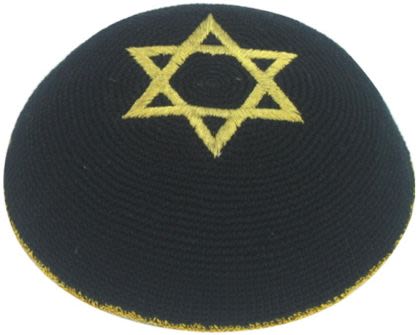
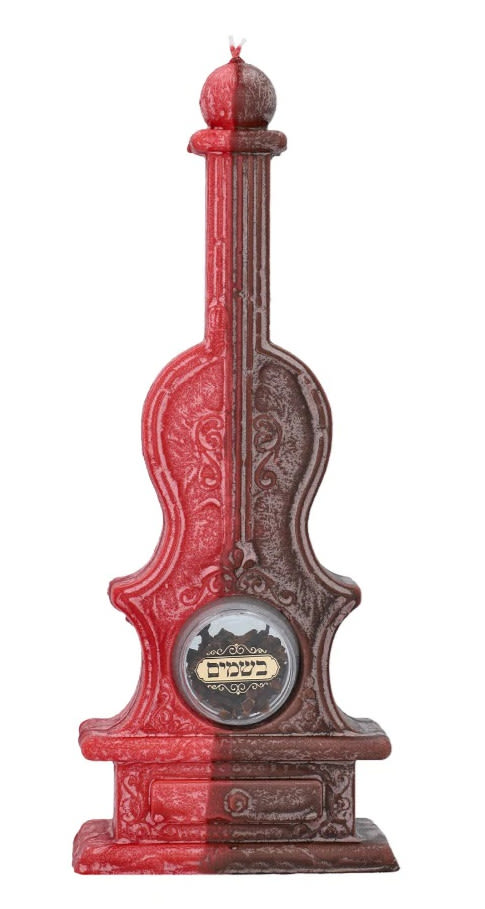
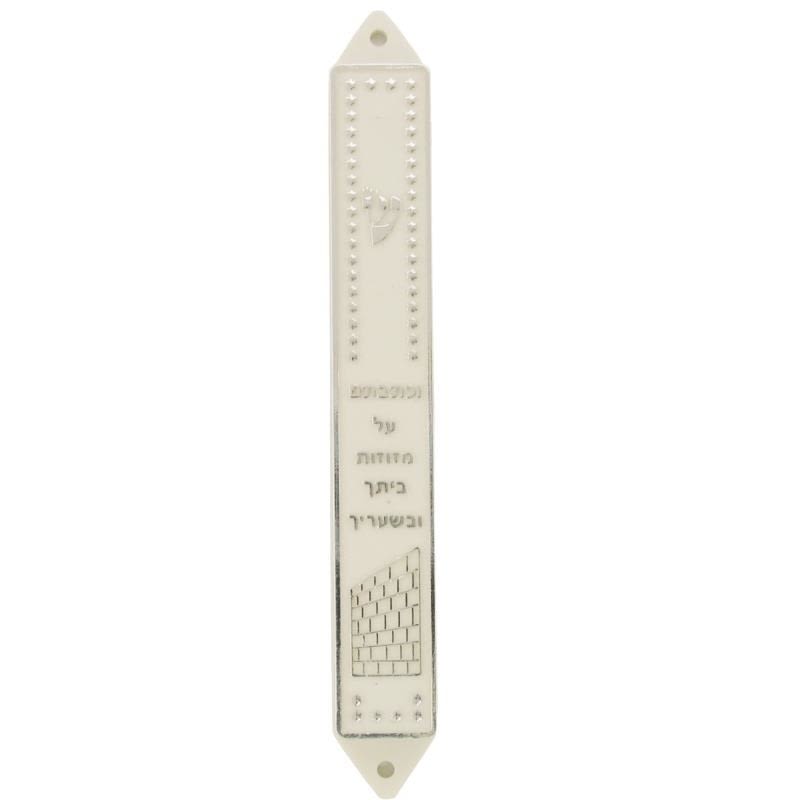

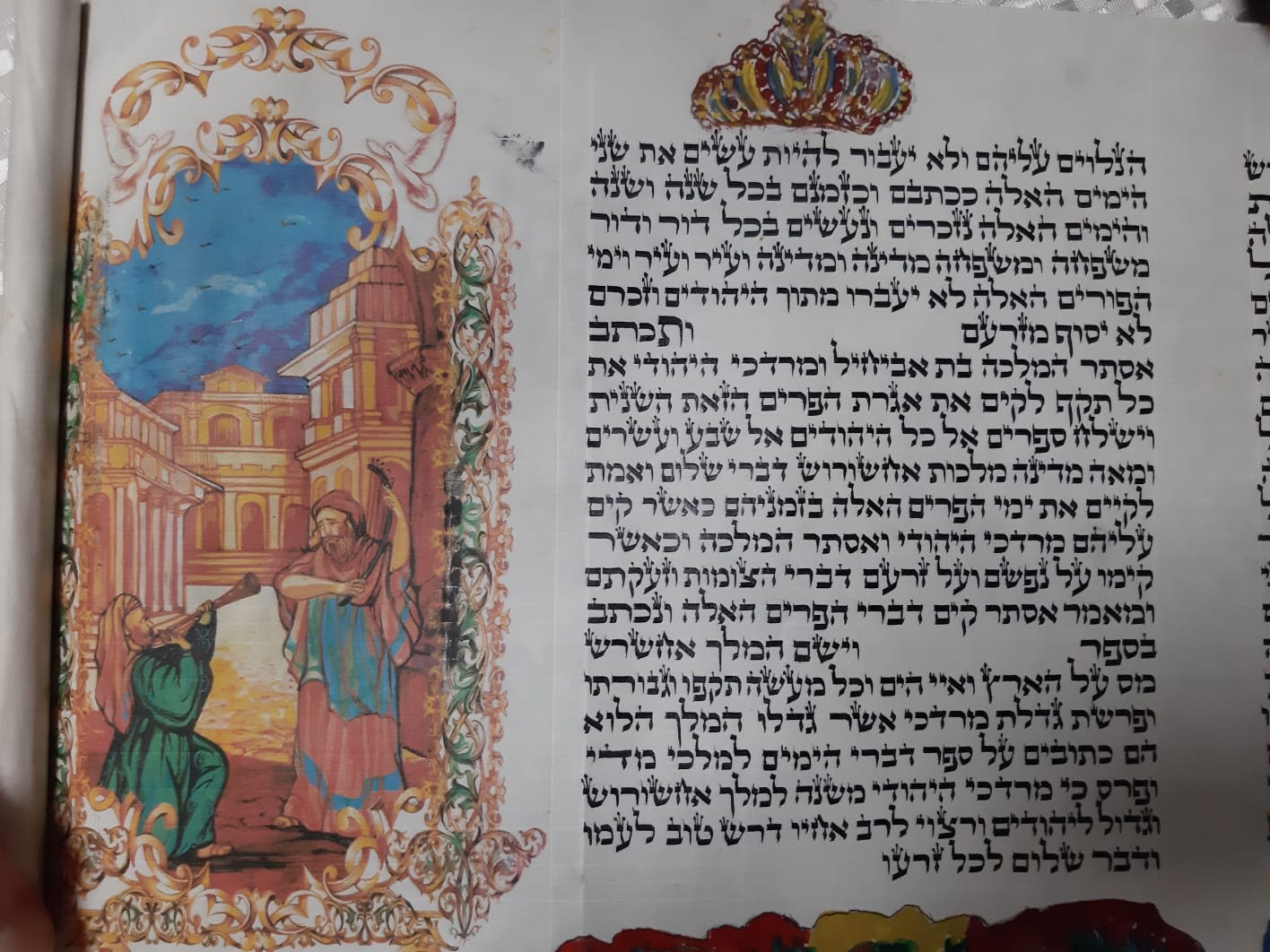

Tell us what you think!
Thank you for your comment!
It will be published after approval by the Editor.